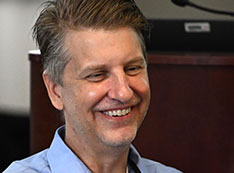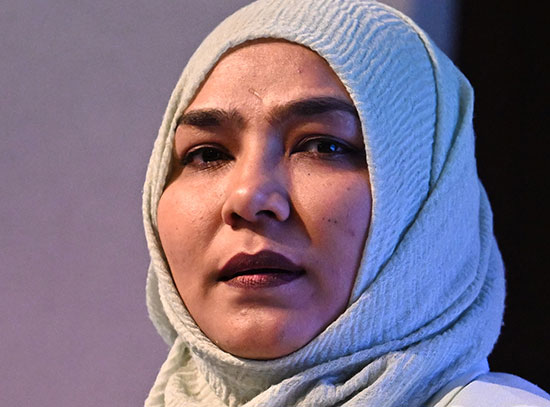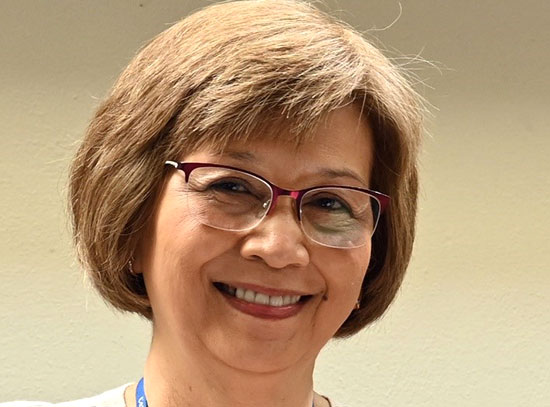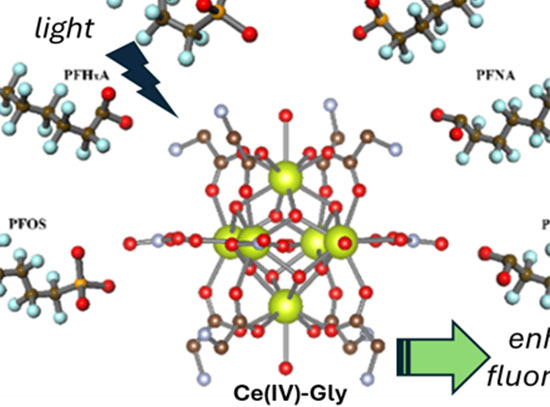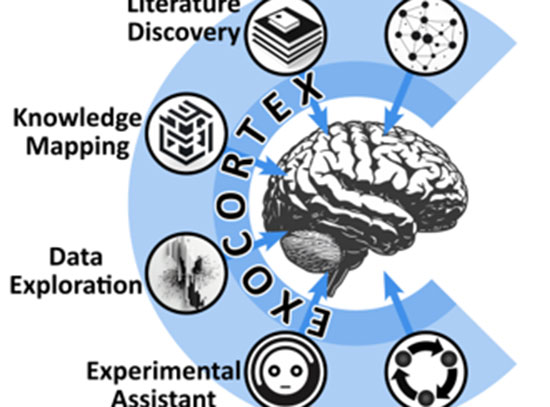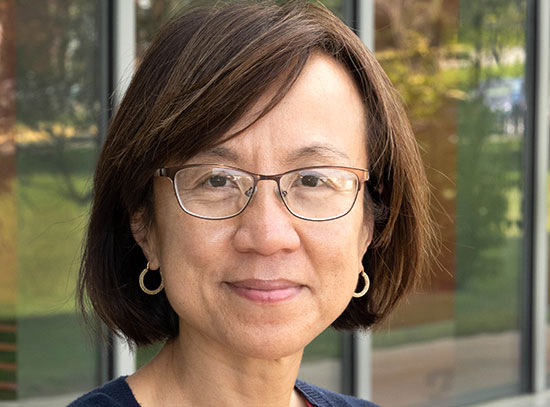Five Minutes/Five Questions with Wai-Lin Ng
improvements to CFN safety
February 10, 2025
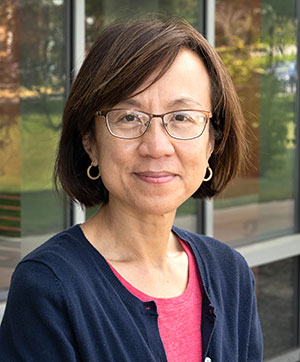
Wai-Lin Ng
1. What’s one key safety initiative for CFN this year that everyone should know about?
This year, CFN aims to improve our lab practices in chemical safety. We want to revisit how we store chemicals, particularly high hazard chemicals like pyrophoric and water-reactive chemicals. Storing and working with these materials necessitate an inert environment, so we want to ensure that they are properly stored in gloveboxes or other containment vessels. ESH personnel will be working with research staff to review the laboratories and work practices.
2. Can you introduce some of the other safety team members who support the CFN safety culture?
A team effort is key to maintaining a strong and positive safety culture. At CFN, this includes members from the ESH organization, operations, and scientific staff. Chris Linkletter is our new ESH representative who helps with managing our hazardous chemical waste and reviewing work plans. As part of operations, Rachel Lopez works with safety and scientific staff to ensure all new hires, researchers, and visitors follow the onboarding process when they come on site to work. Lizette Chinga coordinates and assigns staff and visitors the proper safety training prior to their arrival. Kim Kisslinger is a new work control coordinator supporting reviews of service and maintenance work done by vendors on scientific instruments. Scientific staff supporting users and technical operations ensure that all visiting scientists, users, students, and vendors are trained on the hazards and the requirements to do their work safely.
3. With the winter season on us now, what are some seasonal safety hazards that staff and users should keep in mind?
With winter here, staff and users should be mindful about using space heaters to supplement heat in their offices. First, we should check in with the building Facility & Operations manager to determine if there is a building-related heating, cooling, or ventilation problem. If there is, they may issue an approved space heater for temporary use. The use of space heaters and other small electrical appliances (e.g. coffee makers, toasters, microwaves, crockpots, refrigerators) in the office and kitchen areas must be a U.L. listed product (on label) and inspected prior to use. To get an inspection, check in with one of CFN’s electrical equipment inspectors, James Buddenhagen or Jeff Hoogsteden.
4. Is there a newly installed capability at CFN that comes with unique safety considerations users should be aware of?
A new plasma processing tool, the Oxford Plasma Pro 100 Cobra, has been installed in the CFN Nanofabrication Facility (cleanroom), necessitating upgrades to the existing gas handling system that the tool is tied into. Users will be provided with training on how to use the tool as well as the safety and response procedures in the event of a gas alarm condition.
5. What’s one surprising fact about you that your colleagues might not know?
As a lifelong resident of Long Island, my colleagues might not know that I travel around the country to hike in places where we have much higher terrain. It comes as no surprise that I take safety seriously as a way of life, especially preparing for activities in the great outdoors. Taking the time to plan and pack the right equipment — maps, trekking boots, poles, thermal layers, first aid kit — ensures that I have the necessary supplies to fully enjoy my adventures.
2025-22318 | INT/EXT | Newsroom




